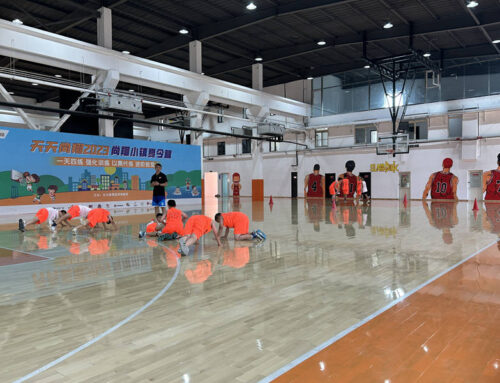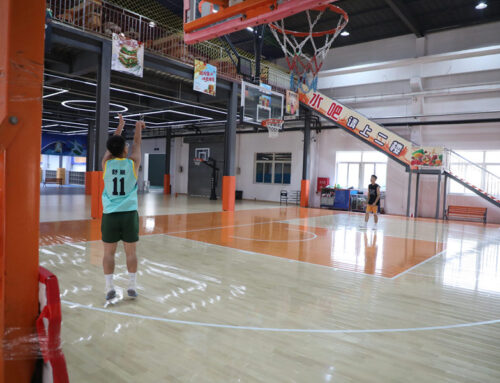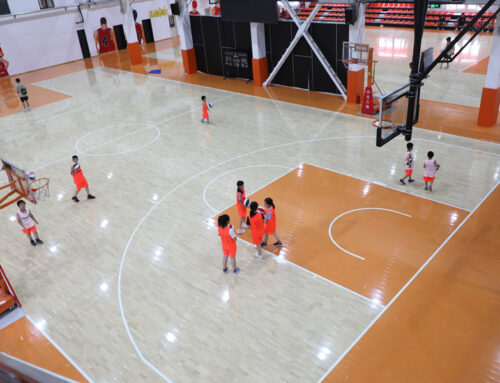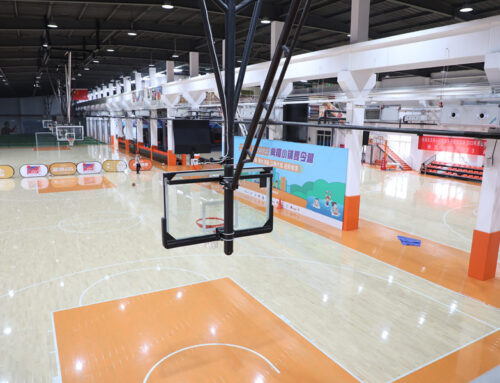Alright, so the other day I had this project, right? Needed to get some flooring down, but not just any flooring. This was for a volleyball court, needed to be portable, and the client? They wanted that classic wooden look, but with a bit of give, you know? Something with a bit of bounce. So, I started digging around, looking at options, and that’s when I came across this “keel volleyball rubber tree portable wooden flooring” thing.
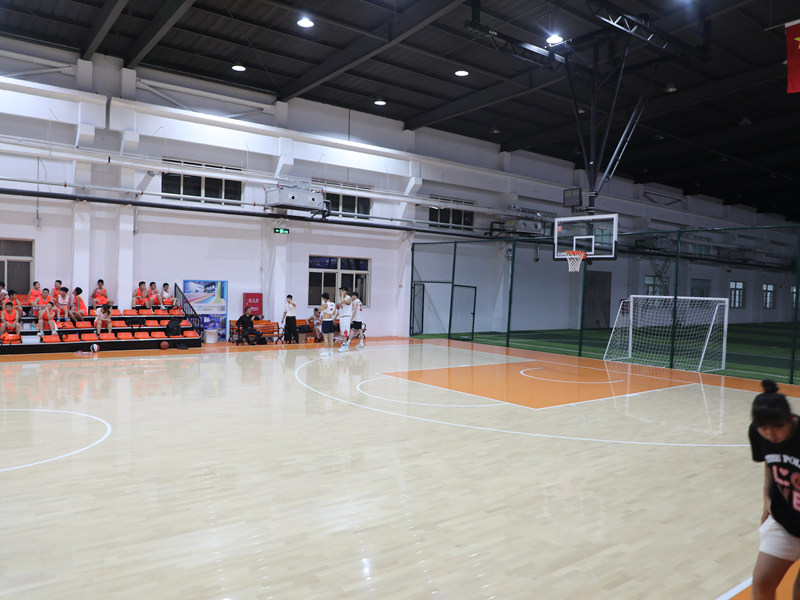
The Research Phase
First thing I did was hit up my usual suppliers. I needed to find the best materials, but keep the cost at a reasonable level. Checked out a few forums, and saw a bunch of people talking about different wood types, and this whole “rubber tree” wood kept popping up. I looked at rubber trees because they are cheap and sustainable.
- Looked at different wood types: Maple, oak… the usual suspects.
- Rubber tree wood research: Apparently, it’s pretty sustainable, and has some natural springiness to it. Interesting.
- “Keel” system: I had to find a solid keel. It had a few simple parts.
Getting My Hands Dirty
Got the materials delivered. The rubber tree wood looked pretty good, actually. Nice grain, and yeah, it felt a bit… softer? Than, say, oak. Good start.
The keel system was pretty straightforward. I have assembled them like a kid’s toy.
Putting It All Together
Time to assemble this beast. Laid out the keel structure first, made sure everything was level and spaced correctly. That’s the foundation, gotta get that right.
I attached the wooden planks to the keel. Because it needed to be “portable,” I didn’t glue everything down. Instead, I made sure everything can be detached.
The Final Test (and Triumph!)
Once it was all set, I gave it the good old bounce test. Walked around on it, jumped a bit, even got a volleyball and dribbled it. Felt… pretty darn good! Had that nice solid wooden feel, but with a definite give underfoot. Not too much, not too little. Just right.
And there you have it. One portable, wooden volleyball court floor, with a bit of extra bounce thanks to the rubber tree wood. Client was happy, I was happy, and I learned a thing or two about alternative wood types. Win-win-win, I’d say!

